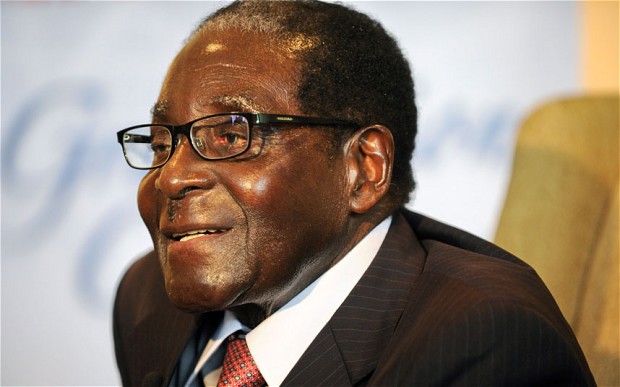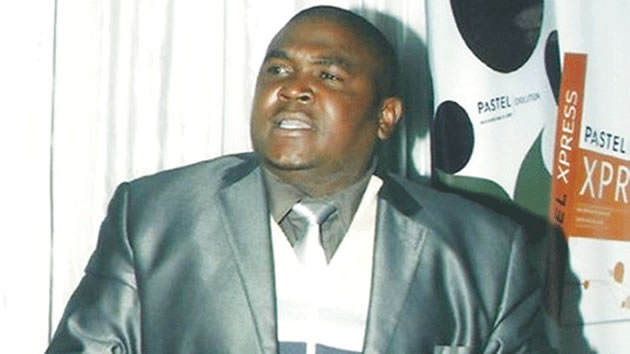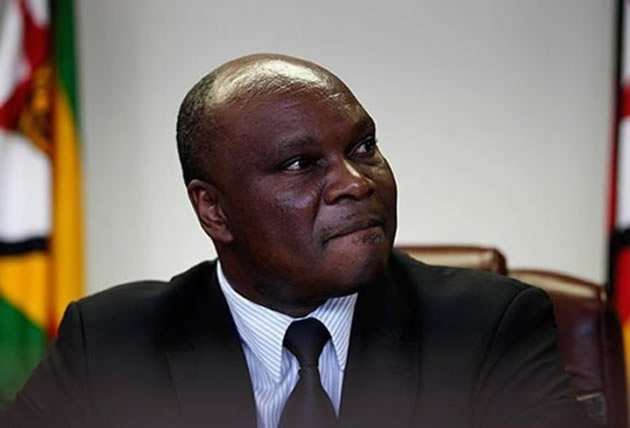India trip boosts Look East policy

Takunda Maodza Assistant News Editor
IT IS thoughtless to talk about the cost of President Mugabe’s diplomatic travel without a long-term view of what that travel yields by way of investment into the Zimbabwean economy, Press Secretary to the President Mr George Charamba said yesterday.
He was reacting to sensationalised reporting by the privately owned media on President Mugabe’s trip to India where he was scheduled to be guest of honour at the World Culture Festival.
The festival attracted over 3,4 million people from diverse cultural and religious backgrounds.
Also read:
President Mugabe called off the engagement – a celebration of peace in multiculturalism and ecumenicity – because of poor security arrangements by event organisers which saw several other leaders withdrawing.
In a telephone interview with The Herald yesterday, Mr Charamba said India was a key player in the Zimbabwean economy and the visit by President Mugabe should be understood as part of an elaboration of Government’s Look East policy taking on new facets and dimensions.
“The President’s foray to India has to be understood as part of an elaboration of our Look East policy which continues to take on new facets and dimensions. However misread this trip maybe at home, watchers of diplomacy get a very clear message on how Zimbabwe is determined to break with its colonial past by fashioning new South-South relations and significantly shortly the President would be back in the Asian subcontinent for another fixture giving a clear testimony to a coherent policy unfolding,” he said.
Mr Charamba said there was no need to get personal about President Mugabe’s foreign trips.
“There is no need to be personal about foreign relations. The President is the Head of State which means he gives face to a nation internationally,” he said.
Added Mr Charamba: “Diplomacy works by gestures, by show of goodwill. Diplomacy invites a sitting Head of State to play a role on the world stage. Whatever happened to the trip, a gesture and show of good- will to the Indian government and Indian people has not been lost. Beyond those gestures, diplomacy is an investment with clear returns. It is thus thoughtless to talk about the cost of diplomatic travel without (a) long-term view of what that travel yields by way investment into the economy.”
India is a major player in the Zimbabwean economy.
It is a source of credit, investment and a key ally diplomatically.
“What is the dollar of that relative to the paltry spending incurred by the President and his delegation?” said Mr Charamba.
He said Heads of State do not attend inter-government events only but also take advantage of private ones to engage each other in a less formal and structured environment.
“We were in India for the India-Africa Summit last year. Several irons were put on fire and this visit was a good opportunity to check on red hot ones. We engaged the financial sector, we engaged the private sector, we engaged investors and this was a good opportunity for us to follow up riding on people to people relations,” said Mr Charamba.
He said President Mugabe’s Indian trip exposed shortcomings in the way the media cover diplomatic issues.
“Not all fixtures are necessarily interstate events. Governments and states do ride on private fixtures to further their strategic goals and one key goal had to do with raising the profile of a country. Where you have in excess of 3,4 million peoples from all cultures and religions there is a good case for repositioning the profile of a country and in the case of Zimbabwe, this is particularly critical in the aftermath of our African Union chairmanship and against the goal of lobbying further for changes in the global governance system,” Mr Charamba said.
He said Zimbabwe has to reposition itself “to beat sanctions and the psychosis of isolation which those nations that imposed sanctions want to cultivate”.
Mr Charamba described Indo-China as a fraction of humanity where faiths and cultures co-exist harmoniously.
“Above all, a progressive Third World region with similar wishes for representation in the Security Council and so Zimbabwe has to place a word for world peace to reinforce its position as a constructive member of the world community. We also have a strong Indian community at home which feels accommodated in this gesture by the President,” he said.











Comments